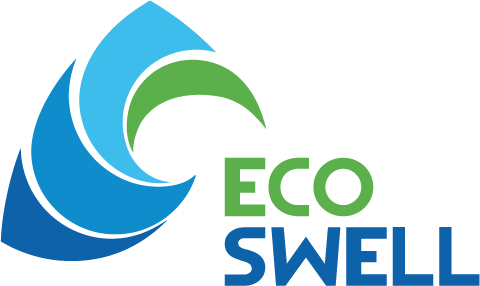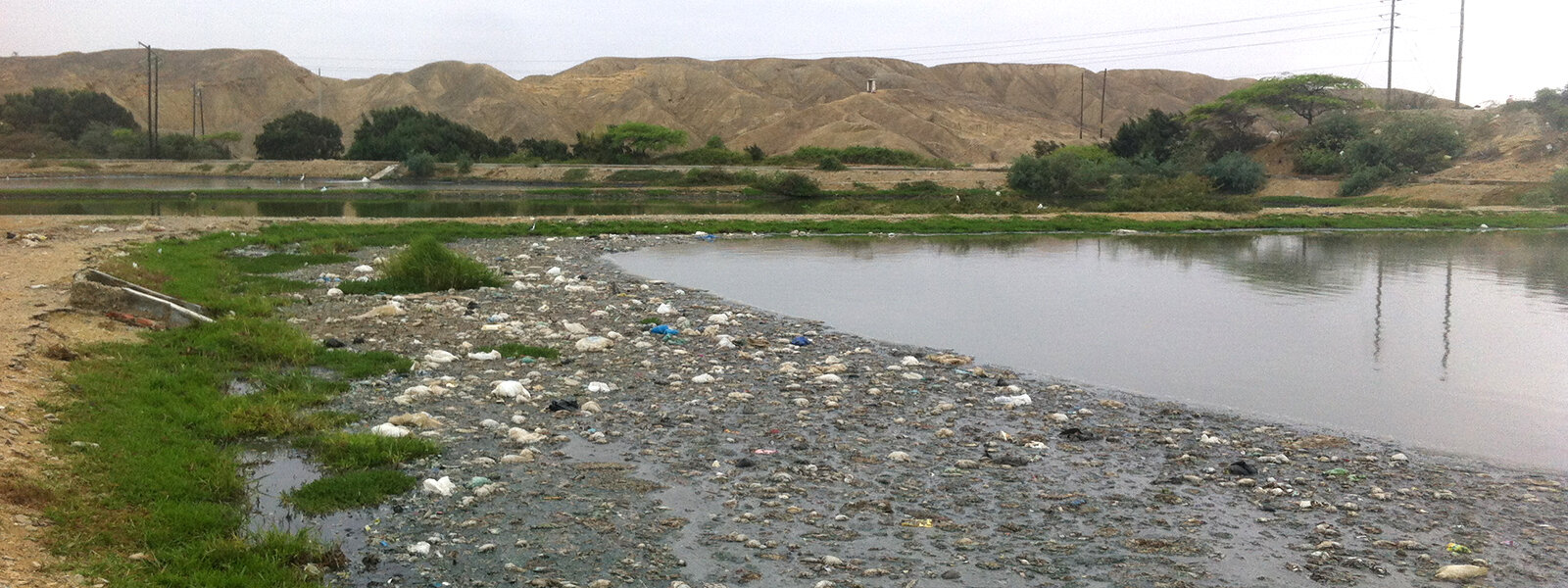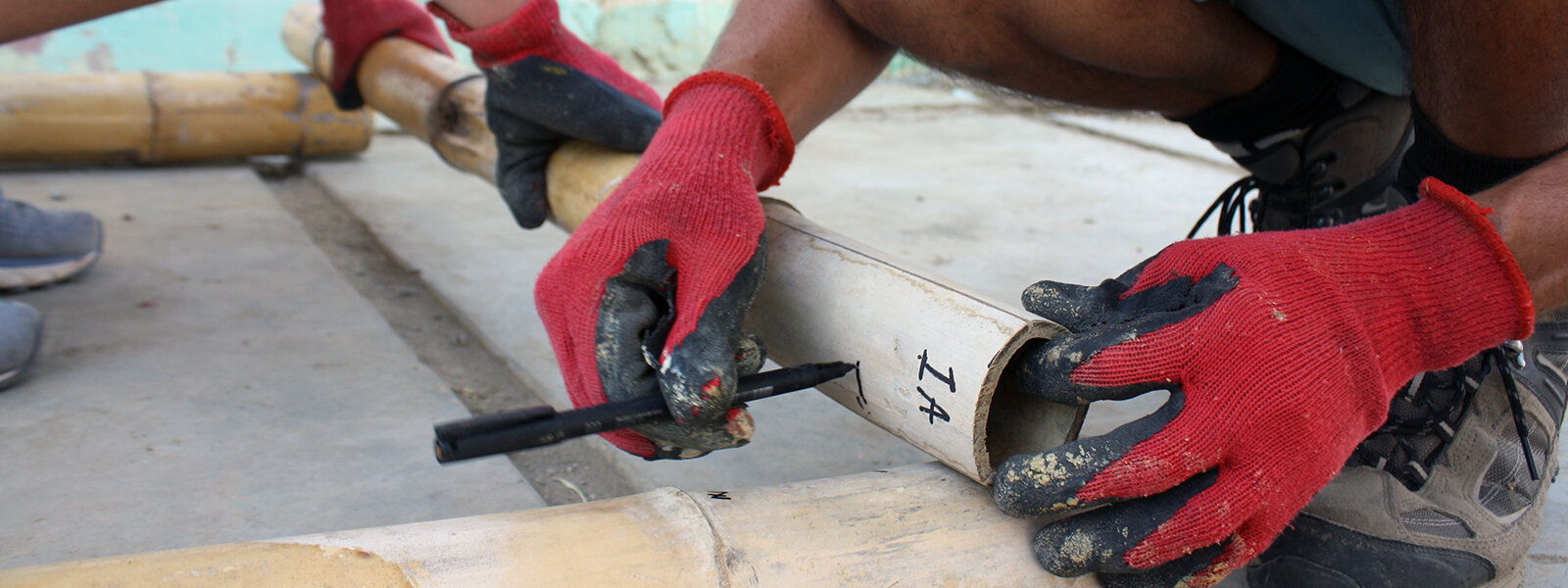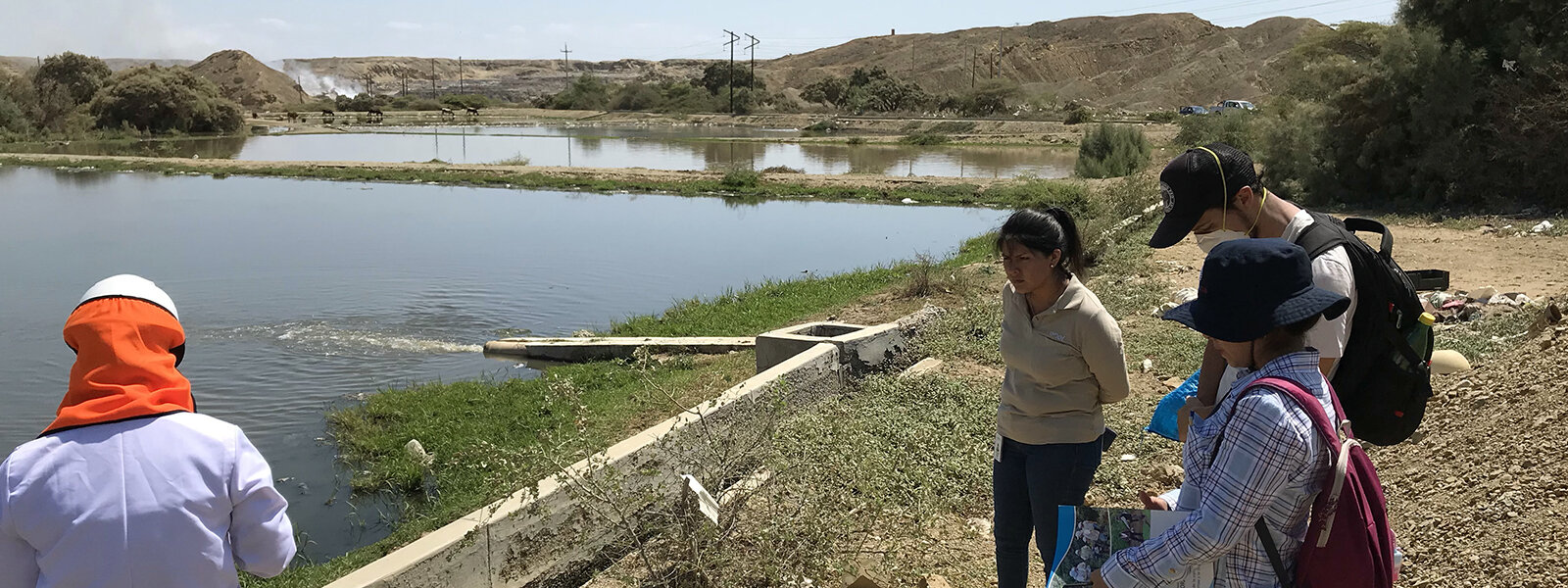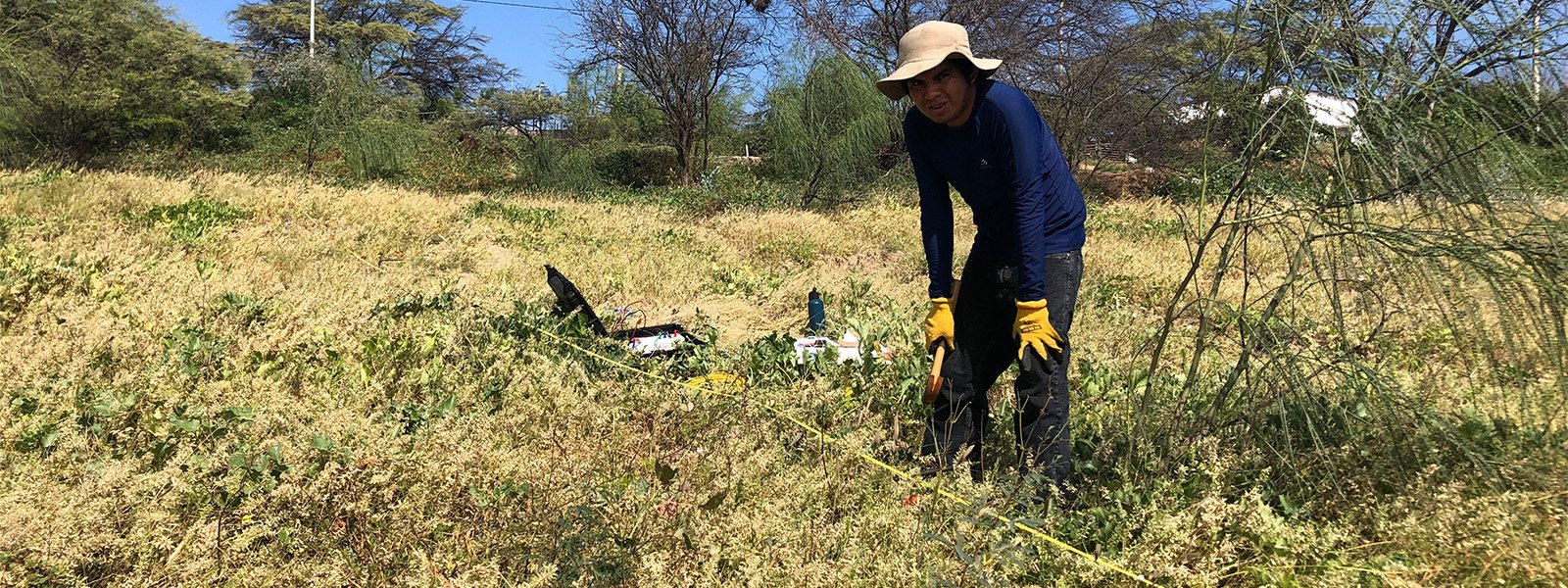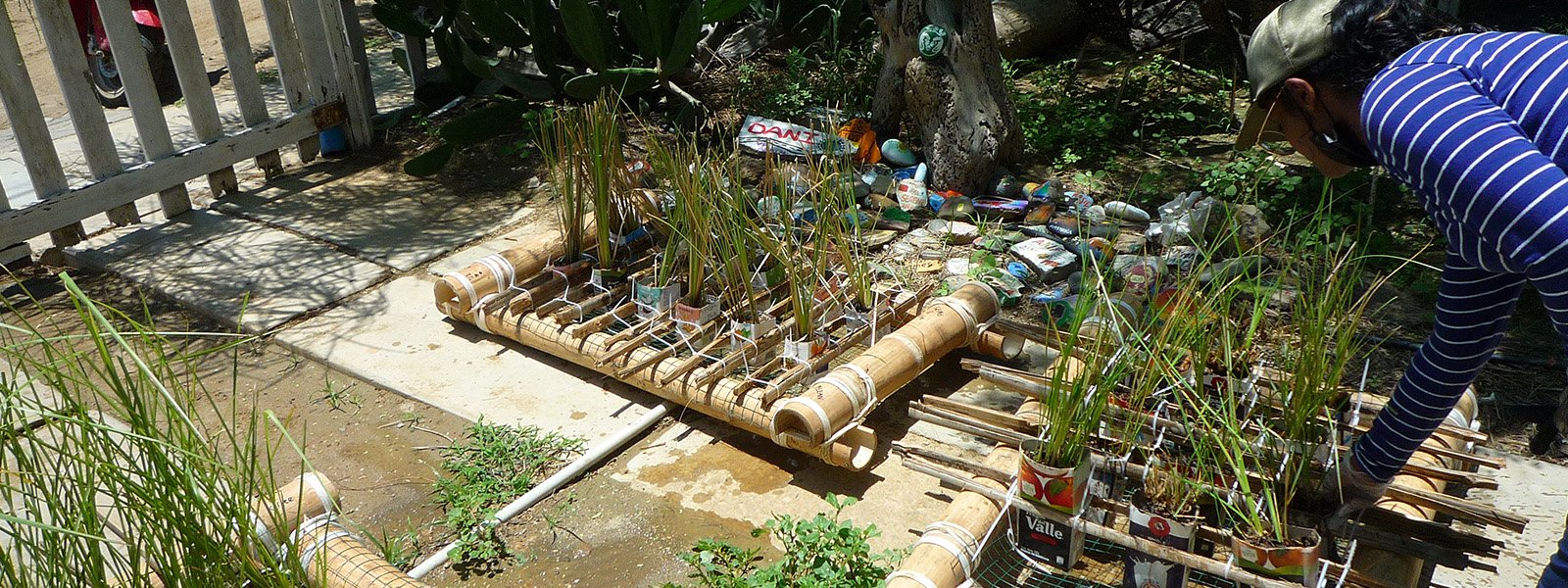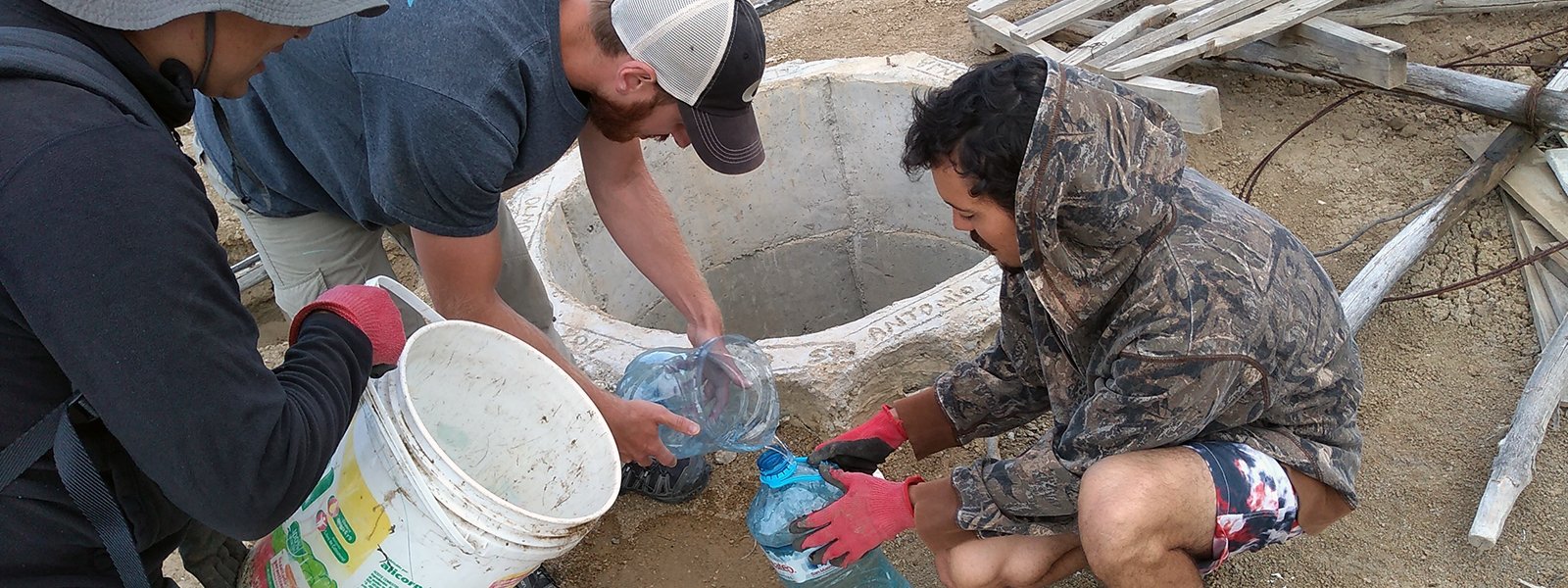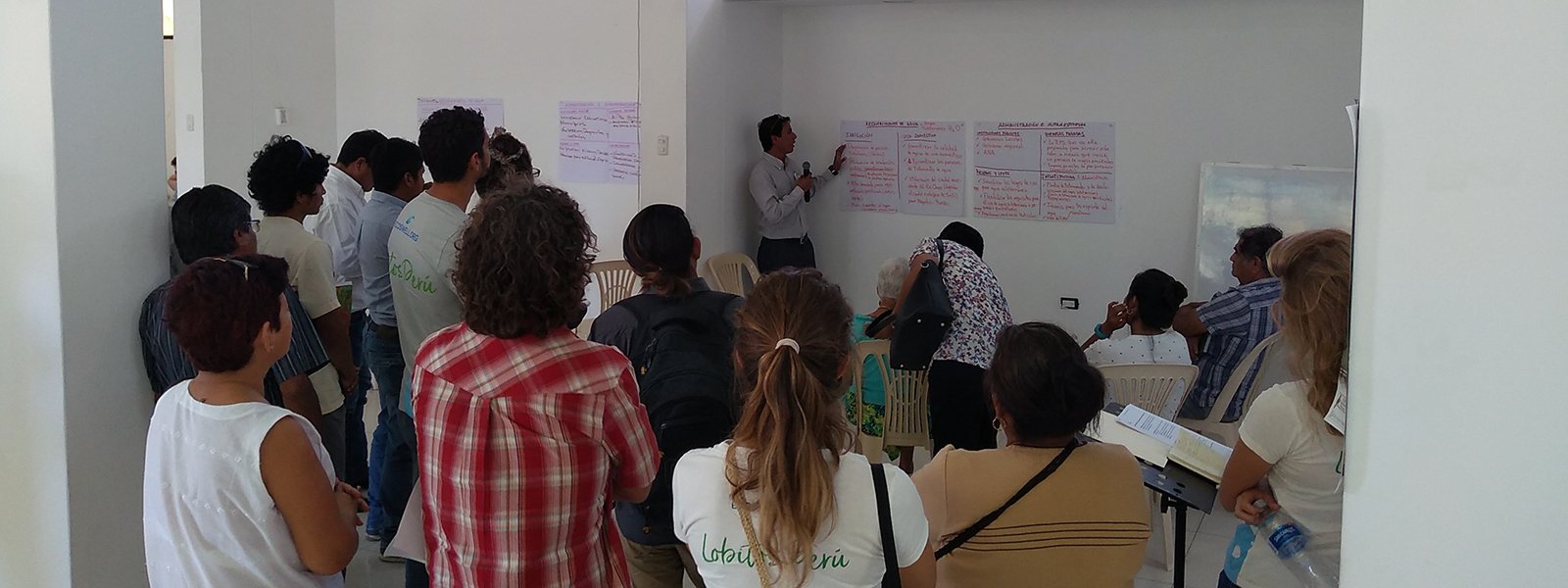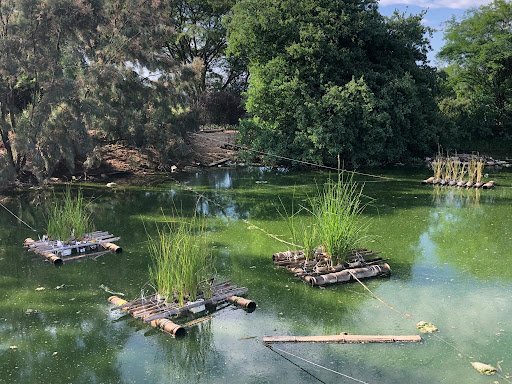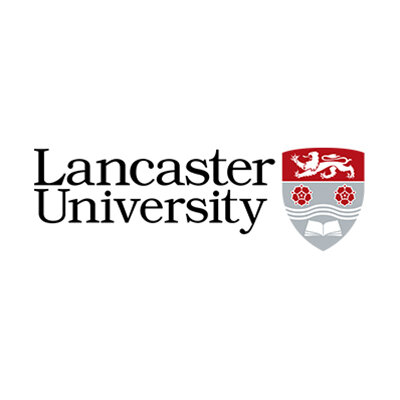Water and Sanitation
“When the well is dry, we know the worth of water.”
-Benjamin Franklin
The Challenge
Drylands comprise 41.3% of the terrestrial surface of the Earth and house 34.7% of the global human population. Lobitos and Piedritas are located in a hyper-arid zone (where rainfall is so little that the relation between precipitation and evapotranspiration is less than 0.05) and suffer from severe problems regarding water supply and sanitation. Both towns are water-dependent on the main city of Talara, with frequent water shortages and scarcity being the norm, as well as improper, inadequate or inexistent wastewater sanitation systems that pollute the environment and pose a severe health risk.
Groundwater monitoring and use are important aspects of sustainable water usage and should be more broadly researched and explored in order to understand water shortages in Peru. Papers written by past volunteer-interns (buttons to the left) from Northwestern University (USA) that explain the context and much of the history of groundwater in Peru, as well as current government and nonprofit initiatives addressing water scarcity.
The Facts
In Peru, 16% of the population has no access to clean water, close to 35% lacks access to sanitation and only 62% of wastewater is treated and reused. In Lobitos, all municipal sewage systems are collapsed and untreated domestic wastewater spills into the environment in at least 7 different main spots within and around town. This poses huge health risks for the local population and pollutes the land and ecosystems. Open defecation is also a problem that can affect the most vulnerable population (46%) whose living conditions are the most basic (lowest socioeconomic levels D and E according to national standards). Women in particular are more affected by this hardship.
In Piedritas, the situation can be even worse, with a bigger proportion of vulnerable population living in precarious conditions (78% of the population at socioeconomic levels D and E). Apart from that, the effluent of the wastewater treatment plant of Talara flows, without complying to environmental and health standards, through the settlement of Piedritas, passing very near the houses, doorsteps and public spaces, and ends up joining with a dry valley "quebrada" in the town's touristic Dry Forest and eventually reaches their beach-side wetlands of migratory birds and the sea. This pollutes important dry forest and marsh ecosystems, affecting the local efforts of Piedritas inhabitants to promote their touristic destination. In both towns, these vulnerable segments are also the most affected by recurrent water shortages.
Potential Solutions
EcoSwell has begun trialing, testing, researching, and implementing a variety of realistic and effective projects targeted at addressing this complex problem. Waterless composting toilets, community biodigesters, domestic greywater reuse for neighborhood greening and biological treatments (bioremediation) through the Vetiver System (Chrysopogon zizanioides) are some of the key initiatives EcoSwell has begun that target inadequate sanitation systems at their core. Our vetiver implementations are done with advice from The Vetiver Network International (TVNI), which is a global network dedicated to using the unique properties of the vetiver plant to promote sustainable means of water and land management.
EcoSwell is also addressing water supply issues through the exploration of solar distillers for seawater desalination (this is a project that falls under our renewable energy initiatives) and the distribution of community water filters and purifying tablets for disaster relief (eg: "El Niño" Phenomenon 2017, 2023). We also have an active geophysics project with academic partners Lancaster University and UCL for developing low-cost hydrogeophysical instrumentation and empowering local people on how to use the equipment for a sustainable use of their groundwater resources. EcoSwell has centered local stakeholders and water authorities in the expansion of these projects and is actively engaged in opportunities to serve more members of the community. These solutions aim to ultimately contribute towards widespread and reliable access to clean water and sanitation, which is not only a necessity for the people of Lobitos, but also one of the United Nations’ key Sustainable Development Goals, SDG 6.
Our Initiatives
Our pilot dry composting toilet unit in Lobitos has saved more than 64,860 liters of water since its inception in 2018 up until the end of 2022. The toilet can also produce up to 1,700 liters of high-grade compost per year that is used in local greening and reforestation efforts. EcoSwell hopes to expand this project beyond the pilot unit at the EcoSwell house to help save water and limit wastewater and mismanaged sewage. Click below to view the most recent dry toilet report.
Our trial solar distiller units for seawater desalination have been able to produce a maximum of 5 liters of freshwater in a day. We’ve also been able to implement vetiver "pontoon" trials for bioremediation treatment of the untreated municipal wastewater spills around town in Lobitos, which have potential for large scale solutions. In the past, EcoSwell has also committed itself to the implementation of a variety of other projects including the installation of a biodigester in the Lobitos Fishermen's Guild Community Hall in 2016, with a 7,000-liter capacity for primary treatment of blackwater before it filters safely into the ground. Our community greening projects in the past have allowed families in Lobitos and Piedritas to reuse more than 520,000 liters of greywater up to 2019.
Past and ongoing research that we developed in collaboration with our high-level academic partners from around the world (Cambridge University, Lancaster University, GCRF, RAEng, EWB-UK), on various aspects of this complex problem have informed the design and implementation of our projects. This has manifested into our groundwater project for empowering local communities in the use of specialized geophysical equipment for monitoring groundwater and promoting its sustainable use.
